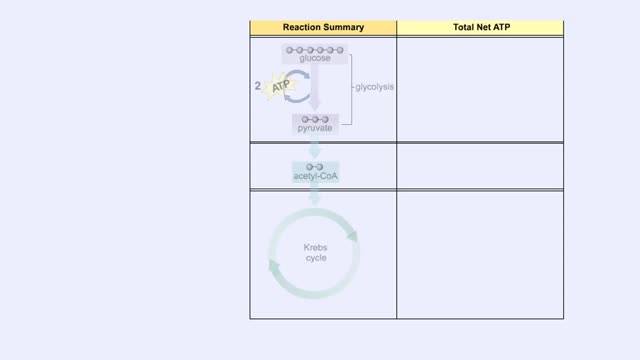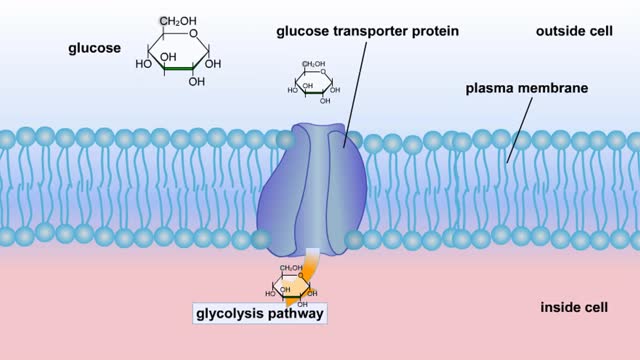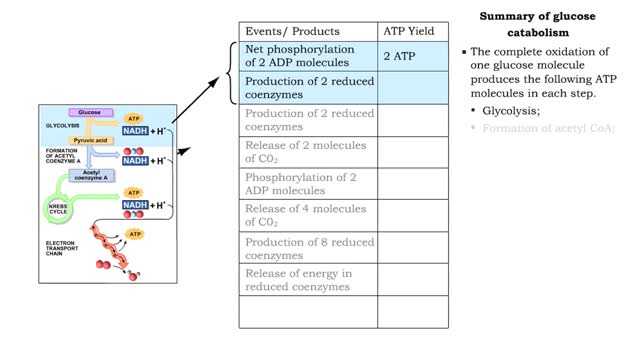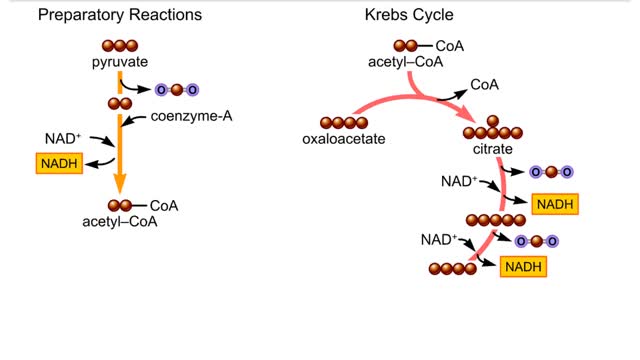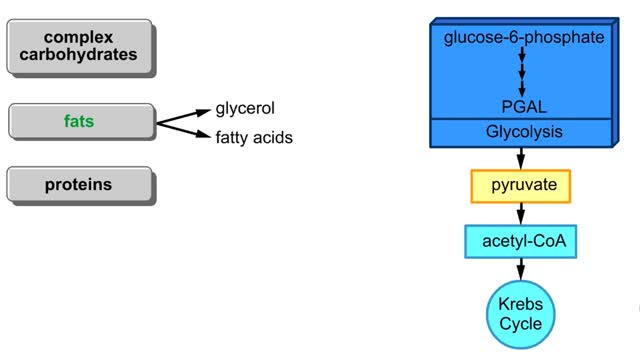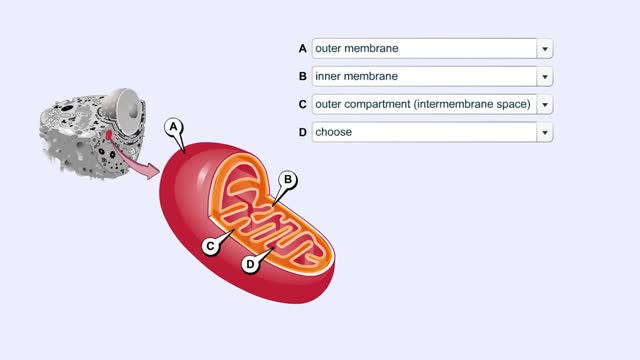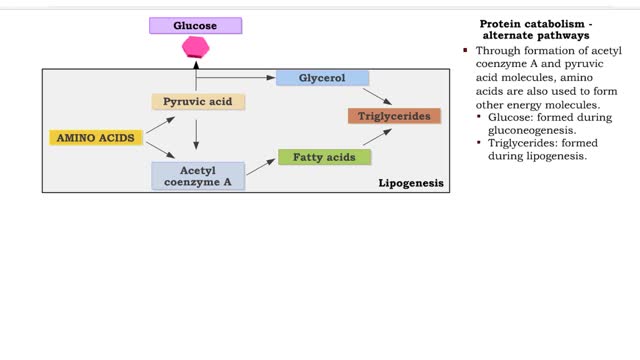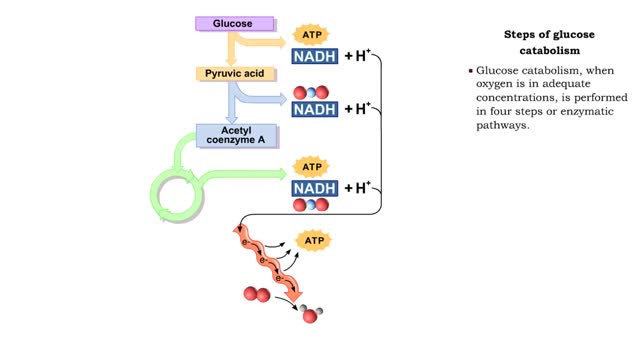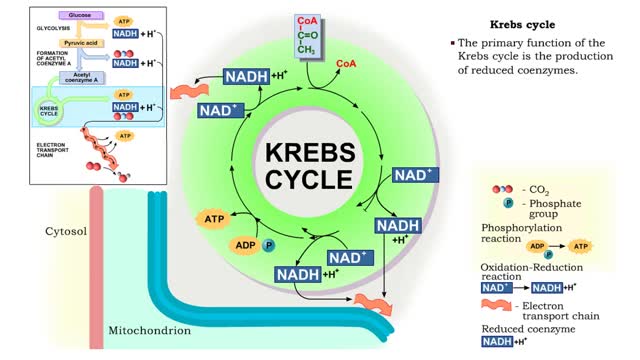Search Results
Results for: 'Krebs cycle'
ETC Protein Complexes & Chemiosmosis (Total ATP Production and ATP Synthase)
By: HWC, Views: 10773
You will notice that FADH2 donates two electrons further downstream than NADH. This results in only two protons being pumped across the inner membrane. The final electron acceptor for these transported electrons is oxygen. Oxygen receives these electrons, plus protons from the aqueous matrix. ...
Cellular Respiration & Glucose Mobilization (Glucose transport & Phosphorylation of Glucose)
By: HWC, Views: 10836
Glucose is completely broken down into CO2 and H2O during the process of cellular respiration, which includes 3 stages: 1) glycolysis; 2) the Krebs Cycle; and 3) the electron transport chain. Glucose enters this energy yielding pathway of cellular respiration in the first stage known as...
By: HWC, Views: 11364
■ The complete oxidation of one glucose molecule produces the following ATP molecules in each step. • Glycolysis; • Formation of acetyl CoA; • Krebs cycle; • Electron transport chain. ■ In addition, glucose catabolism produces six CO2 molecules and water.
By: HWC, Views: 5298
The second-stage reactions of aerobic respiration. The second-stage reactions occur in a mitochondrion's inner compartment. In the first preparatory reaction, a carbon atom is stripped from pyruvate and released as carbon dioxide. The remaining carbons combine with coenzyme A and give ...
By: HWC, Views: 5293
Points at which organic compounds enter the reaction stages of aerobic respiration. Complex carbohydrates are broken down into simple sugars, such as glucose. They become the substrates for glycolysis. If your body doesn't need to burn glucose for energy, glucose-6-phosphate can be co...
Mitochondrial Structure & ETC Protein Complexes (Protein Complexes and Electron Transport)
By: HWC, Views: 10690
The energy carrying molecules, NADH and FADH2, that were generated in glycolysis and the Krebs cycle, now are processed in the mitochondria where their high energy electrons are deposited in an electron chain complex located in the inner mitochondrial membranes. These high-energy electrons now dr...
Protein catabolism (Krebs cycle) and Protein anabolism (protein synthesis)
By: HWC, Views: 11647
• Deaminated acids are brought into the Krebs cycle to be oxidized to CO2 and H2O. • Before entering the Krebs cycle, the deaminated acids are converted into intermediate products (pyruvic acid, acetyl coenzyme A, carbonic acids). • In the Krebs cycle, amino acids are oxidized to form r...
By: HWC, Views: 11301
• During digestion, complex carbohydrates are hydrolyzed into monosaccharides, primarily glucose. • The catabolism of glucose is the primary source of energy for cellular production of ATP. • The anabolism of glucose is important in regulating blood glucose levels. • Glucose cat...
Krebs cycle : Formation of acetyl coenzyme A and Electron transport chain
By: HWC, Views: 11295
The oxidation of glucose to produce ATP is cellular respiration. Four sets of reactions are involved: Glycolysis Formation of acetyl coenzyme A Krebs cycle reactions Electron transport chain reactions • The second pathway of glucose catabolism, formation of acetyl coenzyme A, is a transi...
Advertisement



